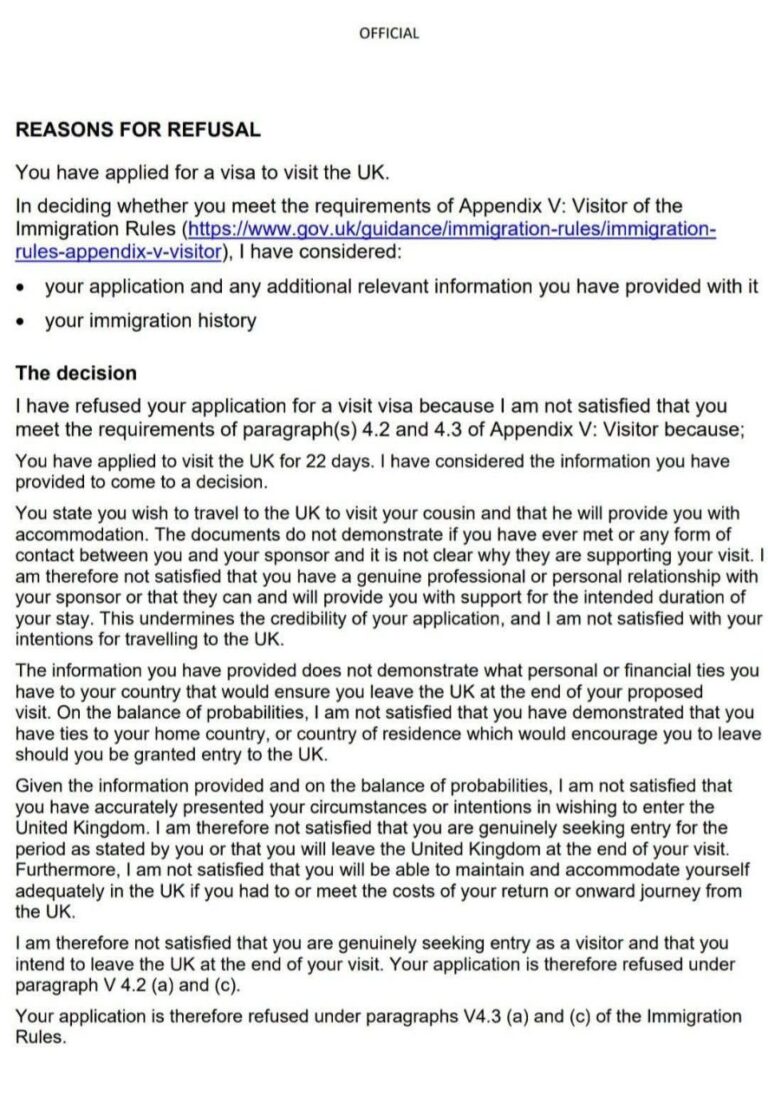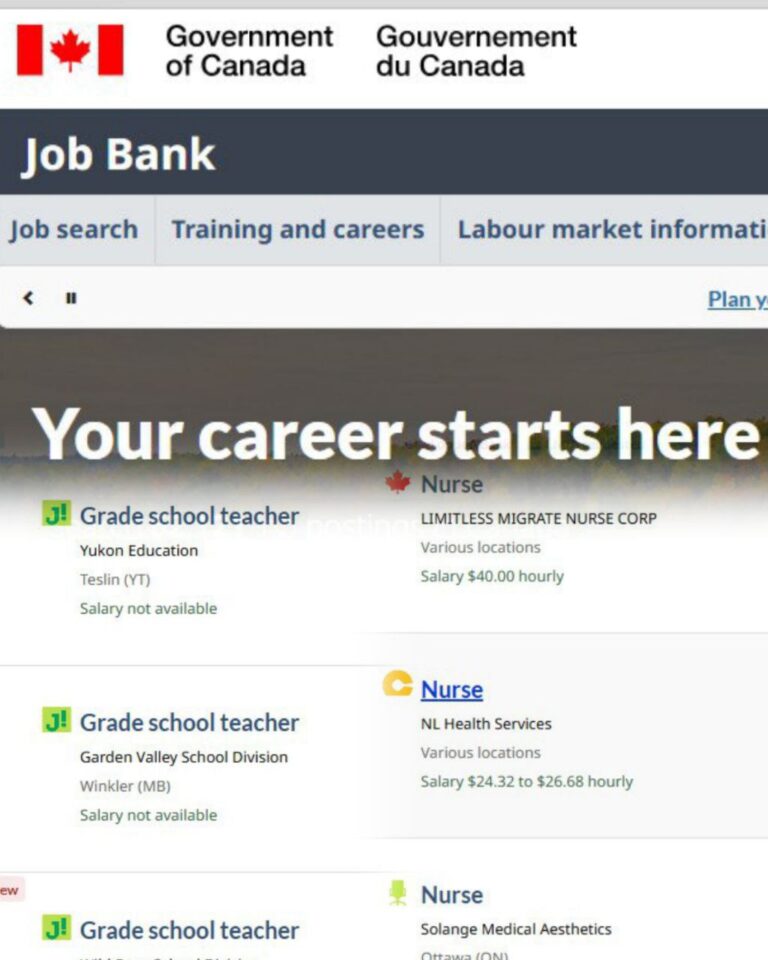
UK Teaching Jobs: Visa Sponsorship, Salary Expectations, and Key Responsibilities
1. Main Responsibilities for Teachers in the Classroom (The Teacher Standards)
All teachers in England are expected to meet the broader Teachers’ Standards. These are the official criteria for performance and are central to any teaching role. They can be summarized as:
-
Set high expectations which inspire, motivate and challenge pupils.
-
Promote good progress and outcomes by pupils.
-
Demonstrate good subject and curriculum knowledge.
-
Plan and teach well-structured lessons.
-
Adapt teaching to respond to the strengths and needs of all pupils.
-
Make accurate and productive use of assessment.
-
Manage behaviour effectively to ensure a good and safe learning environment.
-
Fulfil wider professional responsibilities (e.g., collaborate with colleagues, communicate with parents).
2. Salary for Teachers in England and Wales
Salaries for state schools are set by a national framework but can be higher in London. The example salary (£32,916 – £51,048) is the standard range for Main Pay Scale (MPS) and Upper Pay Scale (UPS) in England (outside London) for the 2024/25 academic year.
-
Early Career Teachers (ECTs – formerly NQTs): Start on M1 (£32,916). This rises annually to M6 (£44,288).
-
Upper Pay Scale (UPS): After passing a threshold assessment (usually after 5-6 years), teachers can move to UPS, ranging from UPS1 (£46,525) to UPS3 (£51,048).
-
Leadership: Salaries go higher for Lead Practitioners, Assistant Heads, Headteachers, etc.
-
London Area: Salaries include a weighting allowance. For example, an ECT in inner London would start at £36,745.
Important: Independent (private) schools set their own pay scales, which can be higher or lower than the state sector.
Follow us on WhatsApp for more updates: CLICK TO JOIN OUR CHANNEL
Seekers Consult
Contact Us for Your Study Abroad Journey
We search for schools and check available scholarships for you
Contact: 0550414552 / 0362297079

Loan for government workers
Transcript Application
English Proficiency
Recommendation letter
Project work/thesis for undergraduate, master’s, and PhD students.
Apply for Affidavit, Gazette instantly
Passport and Visa Applications
All other Internet Services
3. Visa Sponsorship – The Critical Pathway
This is the biggest hurdle for international teachers. UK schools must have a Sponsor Licence to hire you. They must also prove they cannot fill the role with a settled worker from the UK or EU.
-
The Visa: The relevant visa is the Skilled Worker visa.
-
The Requirements:
-
Job Offer: From a UK employer with a valid Sponsor Licence.
-
Certificate of Sponsorship (CoS): A unique reference number your employer gives you.
-
Skill Level: The job must be at RQF Level 3 or above. All teaching roles are.
-
Salary Threshold: You must be paid at least £30,960 per year or the “going rate” for the profession, whichever is higher. The teaching “going rate” is comfortably above the threshold, so your salary will always meet this requirement.
-
English Language: You must prove your knowledge of English (usually by being a national of a majority English-speaking country or passing a secure test).
-
How to Find Sponsored Jobs:
-
Use the Filters: On the Teaching Vacancies service, use the “Visa sponsorship” filter. Select “Yes“.
-
Search Strategically: As you noted, these jobs are limited. Focus on subjects with shortages:
-
Science (especially Physics and Chemistry)
-
Mathematics
-
Modern Foreign Languages (Spanish, French)
-
Computer Science
-
-
Target Specific Schools: Look for larger academy trusts (e.g., ARK, Harris, Oasis, United Learning) as they are more likely to have a Sponsor Licence and the resources to manage the process.
-
Be Proactive: If a school doesn’t mention sponsorship but you are a strong candidate in a shortage subject, it is acceptable to ask politely in your cover letter if they would consider sponsoring a Skilled Worker visa for the right applicant.
4. The QTS Process Explained
How to Use Your NTC Teachers Number to Teach in the UK
Your tip is correct, but it needs context.
-
Teach Without QTS: You can work as an “unqualified teacher” for up to 4 years. The pay is often (but not always) lower than the main pay scale.
-
Why Get QTS? It is the professional qualification. It makes you a much more attractive candidate, qualifies you for the full pay scale, and is essential for long-term career progression.
-
How to Get QTS (for overseas trained teachers):
-
iQTS (International Qualified Teacher Status): A new route where you can train for QTS while working at an approved British international school in your home country.
-
Assessment Only: If you have over 2 years of teaching experience, you can portfolio together evidence to prove you already meet all the Teachers’ Standards without further training. This is a popular and fast route.
-
Teacher Training: You could apply for a teacher training course in the UK (like PGCE), but this is a more expensive and lengthy route.
-
Action Plan for an International Applicant
-
Prepare Your CV: Follow the excellent “DOs” and “DON’Ts” you listed.
-
Secure QTS (Recommended): Investigate the Assessment Only route or iQTS before you apply. Having QTS, or a clear plan to get it, massively increases your chances.
-
Job Hunt: Aggressively use the Teaching Vacancies website. Filter by “Visa sponsorship” and focus on shortage subjects.
-
Understand Safeguarding: Familiarize yourself with UK “safeguarding” (child protection) practices. Mentioning this knowledge in an interview is important.
-
Prepare for the DBS Check: All school staff need an enhanced DBS certificate (a criminal record check). You will need to get one from the UK government, and the process for applicants from overseas can take time. Your employer will guide you.




